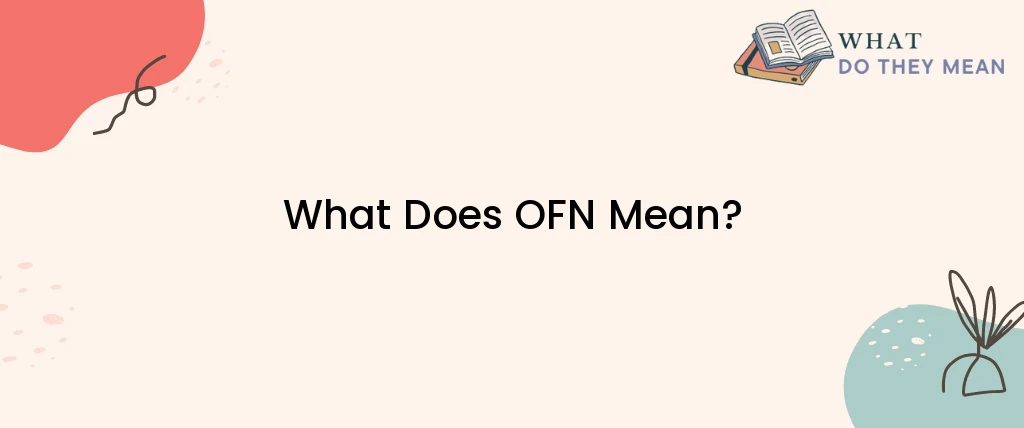OFN stands for “Open Food Network”. The Open Food Network (OFN) is a global network of local food producers, buyers, and consumers who use an open-source software platform to connect with one another and facilitate the distribution of locally grown and produced food. OFN is a community-driven initiative that seeks to create a fairer, more sustainable food system by supporting small-scale farmers, reducing waste, and increasing access to fresh, healthy food. In this article, we will explore what OFN means, how it works, and what impact it has on the food system.
What is the Open Food Network?
The Open Food Network is a platform that allows local food producers, buyers, and consumers to connect with one another and facilitate the distribution of locally grown and produced food. The platform was launched in 2012 by a group of farmers and food advocates in Australia who were frustrated by the limitations of the conventional food system. Since then, it has grown into a global network that spans over 20 countries, including the United States, Canada, the United Kingdom, and South Africa.
The OFN platform consists of a website and a suite of tools that enable farmers to list their products, manage orders, and track inventory. Consumers can search for local farmers and producers, place orders, and arrange pickup or delivery. The platform also includes features that allow for easy communication between buyers and sellers, as well as tools for tracking sales and managing payments.
How does the Open Food Network work?
The Open Food Network works by connecting local food producers with consumers who are looking for fresh, healthy food. Farmers and producers can sign up for the platform and create a profile that includes information about their products, pricing, and availability. Consumers can then search for local farmers and producers, browse their offerings, and place orders through the platform.
Once an order is placed, the farmer or producer is notified and can begin preparing the order. The platform provides tools for managing inventory and tracking sales, so farmers can ensure that they have enough product on hand to meet demand. When the order is ready, the buyer can arrange for pickup or delivery through the platform.
OFN also offers tools for managing payments, including online payment processing and invoicing. Farmers and producers can set their own prices and determine their own payment terms, which allows them to maintain control over their pricing and revenue.
What impact does the Open Food Network have?
The Open Food Network has had a significant impact on the food system by supporting small-scale farmers, reducing waste, and increasing access to fresh, healthy food. By enabling farmers to sell their products directly to consumers, OFN bypasses the conventional food system, which is often dominated by large-scale producers and distributors. This allows small-scale farmers to earn a fair price for their products and retain more control over their business.
OFN also reduces waste by enabling farmers to sell their products as soon as they are harvested, rather than waiting for them to be shipped and stored in warehouses. This helps to reduce food waste and ensures that consumers receive fresh, healthy food.
Finally, OFN increases access to fresh, healthy food by connecting consumers with local farmers and producers. This helps to support local food systems and reduce the carbon footprint of food production and transportation.
Conclusion
The Open Food Network is a powerful tool for creating a fairer, more sustainable food system. By enabling local farmers and producers to sell their products directly to consumers, OFN supports small-scale agriculture and reduces waste. By connecting consumers with fresh, healthy food, OFN helps to support local food systems and reduce the carbon footprint of food production and transportation. As the platform continues to grow and expand, it has the potential to transform the food system and create a more equitable and sustainable future for all.

As a researcher, I am curious and driven by the pursuit of knowledge. I approach my work with a critical eye, carefully evaluating sources and methods to ensure that my findings are accurate and reliable. Whether delving into scientific studies, historical records, or cutting-edge technologies, I am always seeking to expand my understanding and make new discoveries. I am dedicated to uncovering new insights and finding solutions to complex problems, and am driven by a passion for uncovering the truth.

